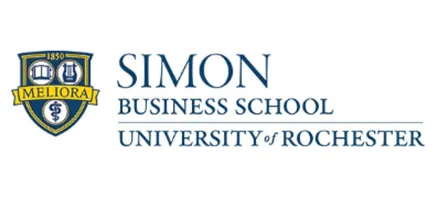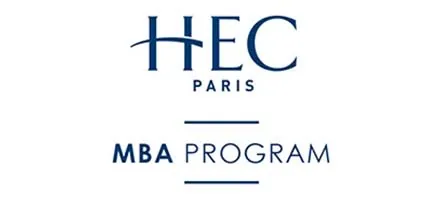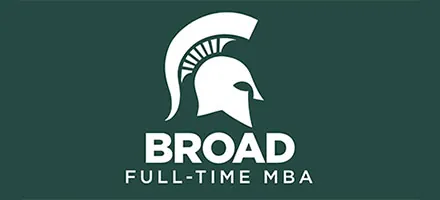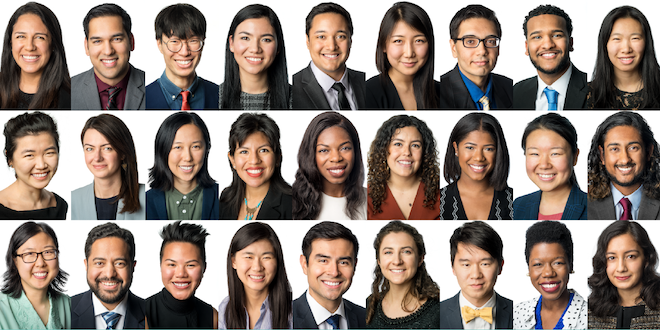
Winners of the 2020 Paul and Daisy Soros New Americans fellowships. Five are MBA students at Harvard and Stanford. pdsoros.org
Their parents hail from Cameroon, India, China, and Nigeria, but they’re all-American — “new Americans” who are MBA students at Harvard, Stanford, and MIT, and who now have been named to an even more select group.
Five business school students are among 30 recipients of the annual Paul and Daisy Soros Fellowships for New Americans, announced earlier this month. Set to graduate in 2021, they are a group with widely diverse backgrounds. One is a former Marine. Two are MIT-educated engineers. Two have extensive history with nonprofits and social work. And two began their college educations at community colleges.
All are now $90,000 richer, and one huge step closer to realizing their dreams.
“We hear so much about everything that immigrants are taking away from this country, but we really like to underscore everything that the immigrants are bringing to this country,” says Craig Harwood, director of the Paul & Daisy Soros Fellowships for New Americans. “There’s just so much innovation, so many creative ideas, so many positive contributions that our fellows and many others are making, and we like to underscore that.”
BUSINESS ‘PART OF THE TRADITION’ AT THE SOROS FELLOWSHIPS
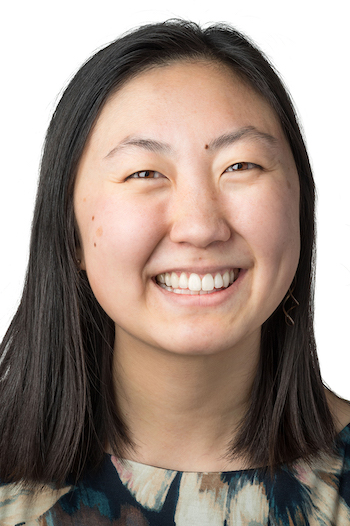
Connie Liu, one of five current MBAs named 2020 Paul & Daisy Soros fellows. Soros Fellowship photo
Chosen from a record-breaking pool of 2,211 applicants, all 30 of the 2020 Soros fellows are the children of immigrants, green card holders, naturalized citizens, Deferred Action for Childhood Arrival (DACA) recipients, or visa holders who graduated from both high school and college in the U.S. The 655 total fellows named since 1997 are more than just remarkable individuals, Harwood says — they represent a spirit of perseverance and achievement, a determination to pursue the American dream, that deserves universal applause.
“We don’t just like to underscore that our fellows are really remarkable and very successful individuals, but we also think about many of them as the children of immigrants,” says Harwood, who joined the fellowship program in 2013. “It’s their parents who made the decision to come here, and we think about all the kinds of immigrants who come here for all sorts of reasons and feel that it’s a positive contribution to our society on the whole, especially these individuals in business whose work isn’t just going to affect their fields — it’s going to affect many people beyond their world. We’re very excited about those kinds of contributions.”
Pelkins Mbacham Ajanoh is an immigrant from Cameroon who came to the U.S. at 19. His first college experience was in community college in Texas, after which he transferred to the University of Texas-Arlington. After finding out about need-blind admissions, he applied to — and was accepted at — MIT. Now a program manager at Microsoft, Ajanoh plans to pursue a dual-degree MS in engineering and MBA at Harvard.
Another veteran of community college, Joshua Mbanusi is the child of immigrants from Nigeria who was raised by a single mother. He, too, attended community college in Texas, then transferred to Cornell University, where he launched a mentoring program to combat low graduation rates among black men at the school. Mbanusi later became a Teach for America Corps volunteer before working in nonprofits in North Carolina; now he is pursuing an MBA at Harvard Business School.
Connie Liu‘s parents are immigrants from China. She went from being an engineer at MIT to a teacher to a nonprofit founder and leader; now she is pursuing an MBA at Stanford Graduate School of Business. Liu’s national nonprofit, Project Invent, teaches high school students how to invent technologies that can make a difference; it works with 30 schools across 14 states. Her work earned her a spot in Forbes’ 30 Under 30 list and a Westly Prize, awarded for social innovations.
Akhil Iyer is the child of immigrants from India. After graduating from Stanford (where he was enrolled in Reserve Officers’ Training Corps), he joined the Marine Corps, where he served as an infantry officer and special operations team commander. It was at this time that he realized the need to better connect private sector expertise and technologies with front-line operators tackling evolving threats. Iyer is pursuing a dual MBA/Master of Public Policy at Harvard.
An immigrant from India who came to the U.S. with her mother and sister when she was 14, Riana Shah looked up the best high schools in New York City and called them all until one would let her take their entrance exam. She later attended Swarthmore College, where she founded Independent Thought and Social Action International, an education reform venture that redesigns schools to teach students 21st-century critical thinking and social innovation skills. Shah has spoken at the United Nations, the U.S. State Department, and the International Forum on Child Welfare; she hosts Venture Vignettes, a podcast featuring trailblazers in entrepreneurship and investment. She is pursuing a dual-degree MBA/Master of Public Administration at MIT and Harvard.
AMID PANDEMIC, ‘WE ARE SEEING SO MANY OF OUR FELLOWS IN ALL FIELDS STEP UP’
The annual class of Soros fellows usually contains fewer B-school students, Harwood tells Poets&Quants. “We would love to find more business students,” he says. “We actually find it to be a bit of a challenge to find business students that are really competitive in our pool. Some of it has to do with just the logistics of business school as a two-year program. People often don’t find out about us until they’re in their first year. They’re pretty busy, and then by the second year it’s too late to apply because they wouldn’t have a full year of funding afterward and we require that. So there’s a very small window.
“But our founder, Paul Soros, was a business leader and he ran a really important engineering firm. People don’t know so much about Paul because they know his younger brother George Soros. But we’re really founded by a leader in business and we’re excited to keep that as part of our tradition.”
The coronavirus pandemic has given Soros fellows a real-time chance to show their aptitudes, says Nikka Landau, director of communications for the Paul & Daisy Soros Fellowships.
“We are seeing so many of our fellows in all fields step up,” she says. “We have so many fellows in medicine who are working on the front line. We have people who are developing 3D printed swabs that will be manufactured to help increase testing. We have people working on vaccines. It takes all types of people, but it is incredible, the diversity of fellows and fields who are stepping up to the plate because that’s just who these people are. They’re people who roll up their sleeves and bring their skills to the table.
Adds Harwood: “At a time when all forms of immigration are under attack, it’s more important than ever to be celebrating the achievements and contributions of immigrants and refugees from across the world. Our country and universities are enriched by the ingenuity that comes from abroad. When we honor and invest in New Americans our nation is stronger — the Paul & Daisy Soros Fellows are a perfect demonstration of that.”
DON’T MISS INSIDE THE WASHINGTON CAMPUS, A POLITICS BOOTCAMP FOR B-SCHOOLERS and U.S. MBA PROGRAMS WITH THE MOST INTERNATIONAL STUDENTS


